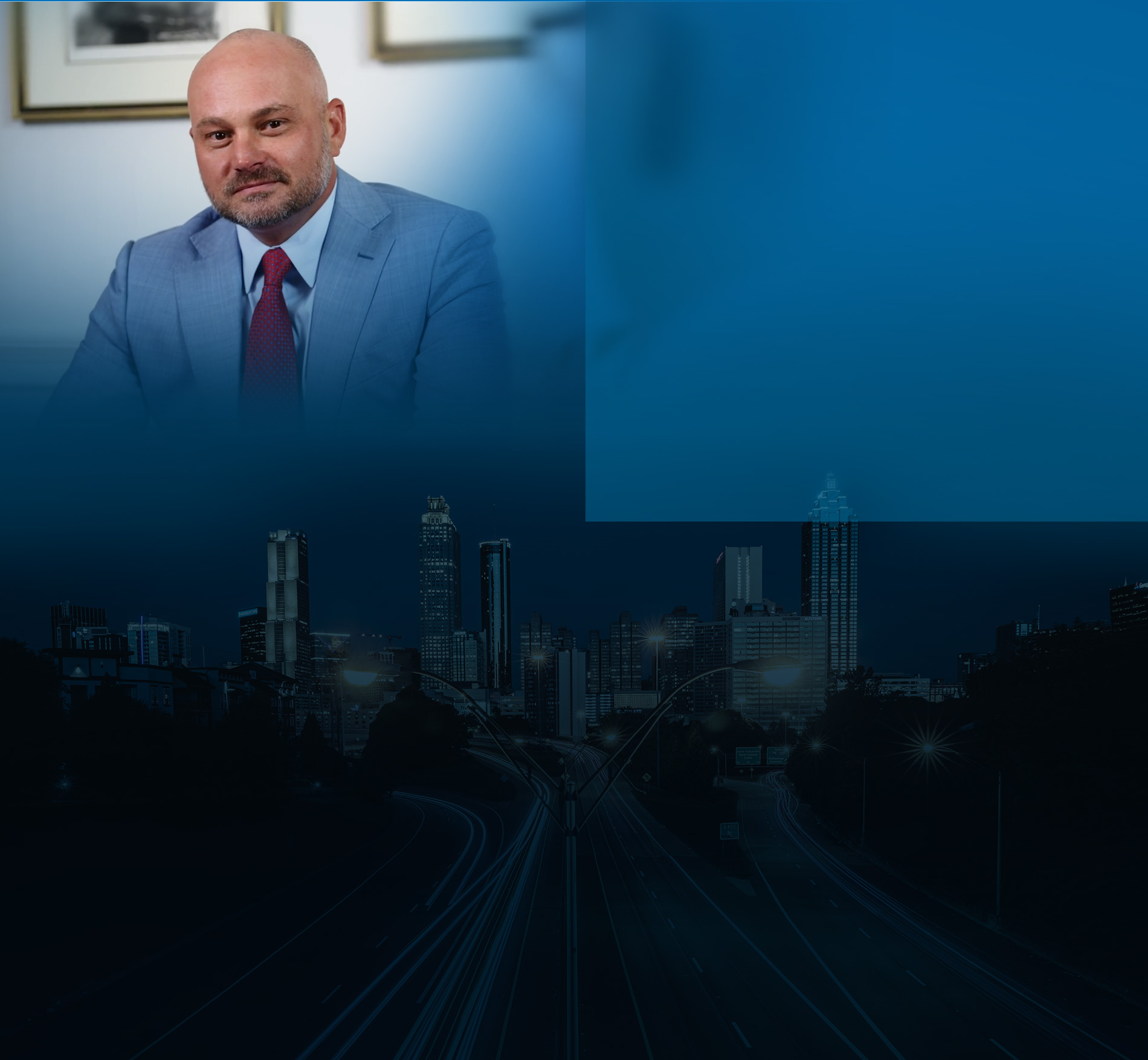You have premises liability questions; Van Sant Law has answers. Welcome to our premises liability guide, where we have compiled some of the most frequently asked questions about Georgia’s premises liability laws. In the information that follows, you will learn about your rights, and about how our experienced attorneys can help you.
FREQUENTLY ASKED QUESTIONS
Q: What Does ‘Premises Liability’ Mean?
A: "Premises liability" means that property owners can be sued if someone gets hurt on their property. In Georgia, property owners are required to take reasonable care to ensure their premises are safe.
This is referred to as a “duty of care,” and it means owners must do their best to maintain safe conditions. If there's a danger, owners must warn their guests. If an invited visitor is injured because the owner did not meet his or her duty of care, the owner may be financially responsible for compensating the victim for his or her injuries and related expenses.
Q: Can I Take Legal Action If I Injure Myself on Someone’s Private Property?
A: You may be able to file a lawsuit against the property owner if you were injured while visiting his or her property. If you were on the property legally, like with a ticket or as a volunteer, you might get paid for your injuries.
However, if you were injured while trespassing, the owner will likely not be liable for your injuries under Georgia’s premises liability laws.
You will also need to show that your injury was a result of the property owner’s failure to keep the premises safe or to warn you of potential hazards. If you can show this, and if you suffered financial losses related to the injury, an attorney may be able to help you recover compensation in a premises liability lawsuit.
Q: What Compensation Can I Ask for in a Premises Liability Case?
A: Compensation in a premises liability lawsuit is referred to as “damages.” How much money you get will depend on how bad your injuries are and your costs. In general, victims can pursue compensation to pay for their medical expenses (including hospital visits, ambulance rides, surgeries, medical tests, medications, physical therapy, and more).
You may also be able to obtain damages for lost wages, a loss in future earning ability, disability, rehabilitation, and pain and suffering. Our attorneys have also helped premises liability victims obtain compensation for intangible losses such as PTSD, depression, anxiety, and loss of enjoyment of life.
Q: What Is the Difference Between Premises Liability and Negligence in Georgia?
A: Premises liability refers to a property owner’s legal liability if someone else is injured while lawfully on the premises. Negligence is part of what injured victims must prove, to recover compensation for their injuries in Georgia. In these cases, proving negligence involves two steps.
First, the victim must show the property owner knew, or should have reasonably known, about a potential danger on his or her property. Second, the owner didn't fix the issue or warn people about it. When someone is injured in this scenario, the property owner can be found negligent.
Q: What Steps Should I Take After Slipping or Tripping and Getting Injured?
A: When an injury occurs on someone else’s private property, there are several steps to take. Report the injury to the property owner before leaving the premises, including the fact that you fell and what you believe the hazard was. For example, if you slip on an unmarked slippery surface in the entryway to a store, make sure the store manager knows you fell and were injured.
If other people saw you fall, try to capture their contact information and statements about what happened. Be sure to seek prompt medical attention for your injuries. Documentation from medical providers can be a key component in proving damages in premises liability cases.
Q: How Do I Show Negligence in a Premises Liability Case?
A: There are four elements that a victim must prove to recover damages in a premises liability lawsuit. Your lawyer will collect proof for all these points in your case:
- Duty: You must show that the property owner owed a duty to keep the premises safe.
- Breach: The property owner did not fix hazards and did not warn visitors of the risk.
- Injury: Your injury must have been the result of the property owner’s breach of his or her duty of care.
- Damages: You must have suffered financial harm because of the injury accident.
Q: What Proof is Necessary to File a Premises Liability Claim?
A: The success of your premises liability claim will depend largely on the evidence you are able to provide in support of your claim. Your attorney will play a key role in helping gather proof to support your case. That evidence will likely include some or all of the following:
- Medical documentation
- Statements from the medical professionals who treated your injuries
- Photos or videos of the accident scene
- Witness statements
- Police reports
- Documentation that you were lawfully on the premises at the time the injury occurred
- Proof of who owns and occupies the property where you were injured
Q: Who Can I Take Legal Action Against in a Premises Liability Case?
A: Your premises liability attorney will help identify all parties who may have some legal liability for your injuries. This may include the property owner, a tenant leasing the property, or someone else who was legally occupying the property at the time of your injury. Sometimes, there may be more than one responsible party who owed you a duty of care — and who breached that duty.
These premises liability questions and answered were designed to provide general information. If you or a loved one has been injured, a Van Sant Law attorney can provide legal advice specific to your situation. Please contact us with any additional questions, or to schedule an initial consultation with a premises liability lawyer.

.2410171603550.png)



